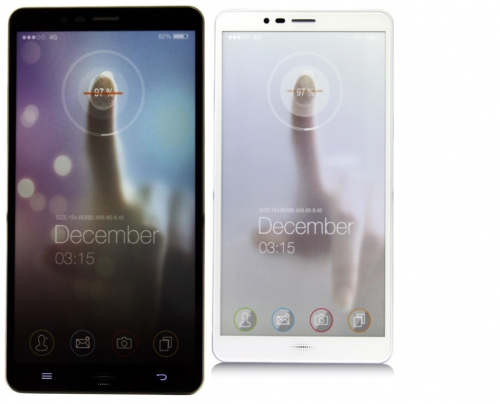South Korea’s cash-strapped No. 3 smartphone maker Pantech Co. said Tuesday that it will continue efforts to roll out a new smartphone although its latest bid to be purchased by investors has ended in vain, casting a dark cloud over its viability.
On Monday, a local court said three investors, one from the U.S., have offered to buy the handset maker currently under court protection but rejected the bids citing their weak financial capabilities.
The fate of Pantech will be determined through negotiations with its creditors, with options, including another round of bidding or liquidation.
The first open bidding was held in November but fell through as there were no prospective buyers. The court then sought to sell Pantech in a private deal after a U.S.-based consortium expressed interest in taking over the company early this year but that ended in vain.
“There are many disturbances among workers (due to the latest bidding failure),” said an official from Pantech who added employees are conducting their routine tasks, including preparing for a new smartphone set to be released by August.
 The release of the new smartphone, if things go smoothly, will mark the first smartphone to be released by Pantech since the Vega Pop-up Note introduced in November 2014.
The release of the new smartphone, if things go smoothly, will mark the first smartphone to be released by Pantech since the Vega Pop-up Note introduced in November 2014.
However, it is still unclear whether Pantech’s new smartphone will really reach the market due to uncertainties over its business normalization, industry watchers said.
Around half of its 1,500 workers are currently on leave with reduced pay, waiting for the company to stand on its own feet.
Pantech started out as a small pager manufacturer and after early success as a handset maker went under in 2007 as its debt increased and an acquisition of a local handset maker resulted in losses.
The company was rescued and put under a five-year debt rescheduling program in 2007. But its financial footing weakened again as it struggled with falling sales from increased competition in the smartphone market dominated by giants like Samsung Electronics Co. and Apple Inc.
In December 2011, it ended the debt rescheduling program but a continued drop in sales led the firm to file for court receivership in August last year. (Yonhap)

